Celebrity chef Robert Irvine has stirred the pot with his take on California’s new minimum wage law.
“This is Robert Irvine predicting we’re going to lose about 20-plus percent of our small, mom-and-pop business because what California has actually done is going to enable other states to do the same thing,” Irvine warned during an interview with Fox News Digital.
Nationwide Impact Feared
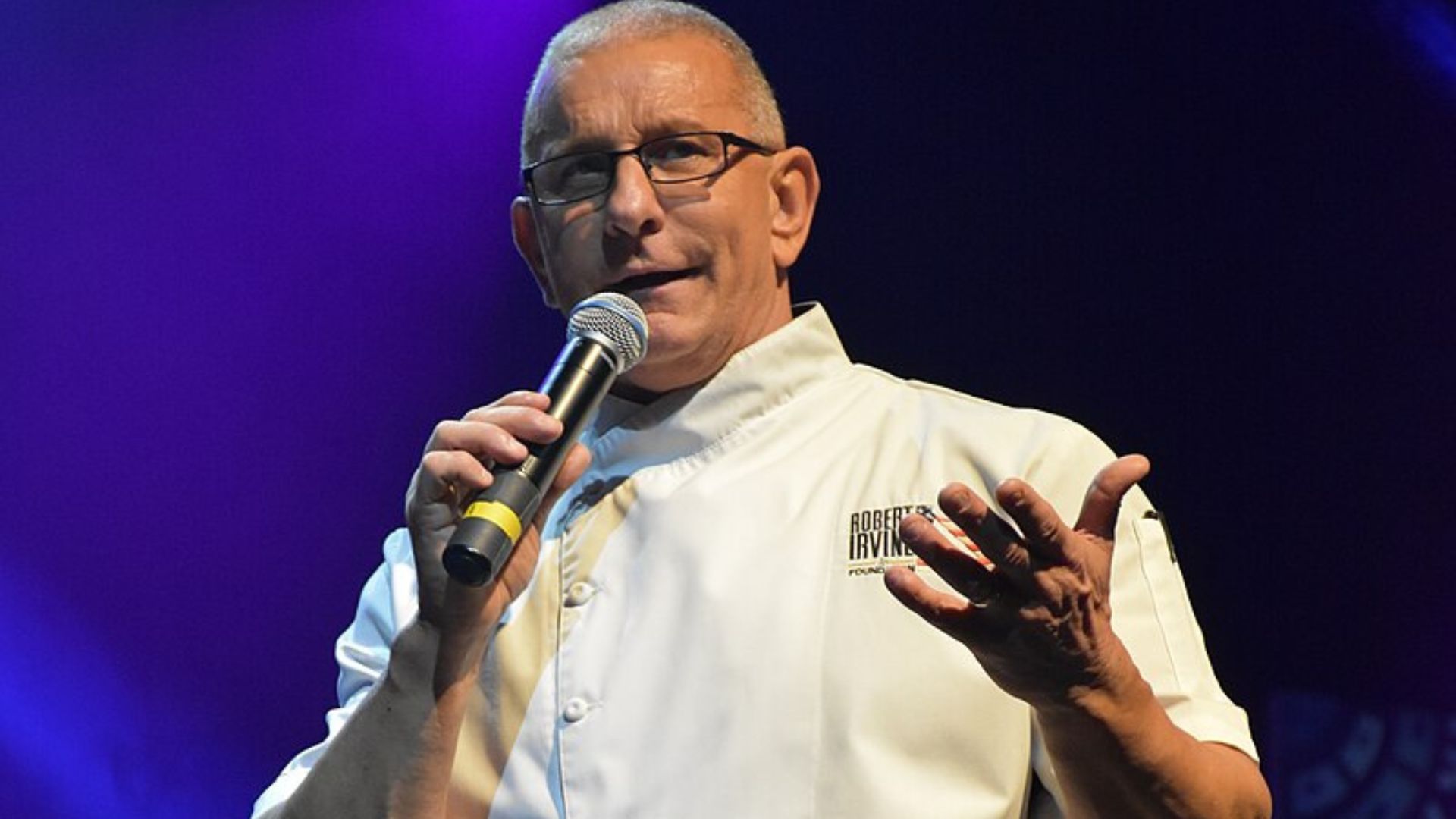
Irvine sees the wage increase as a broad issue, not just for California.
“I think it is a broadband-spectrum problem that’s across the country, not just California,” he explained, suggesting that other states might follow California’s lead, thereby opening the floodgates to similar economic pressures across the nation.
Tech to the Rescue?
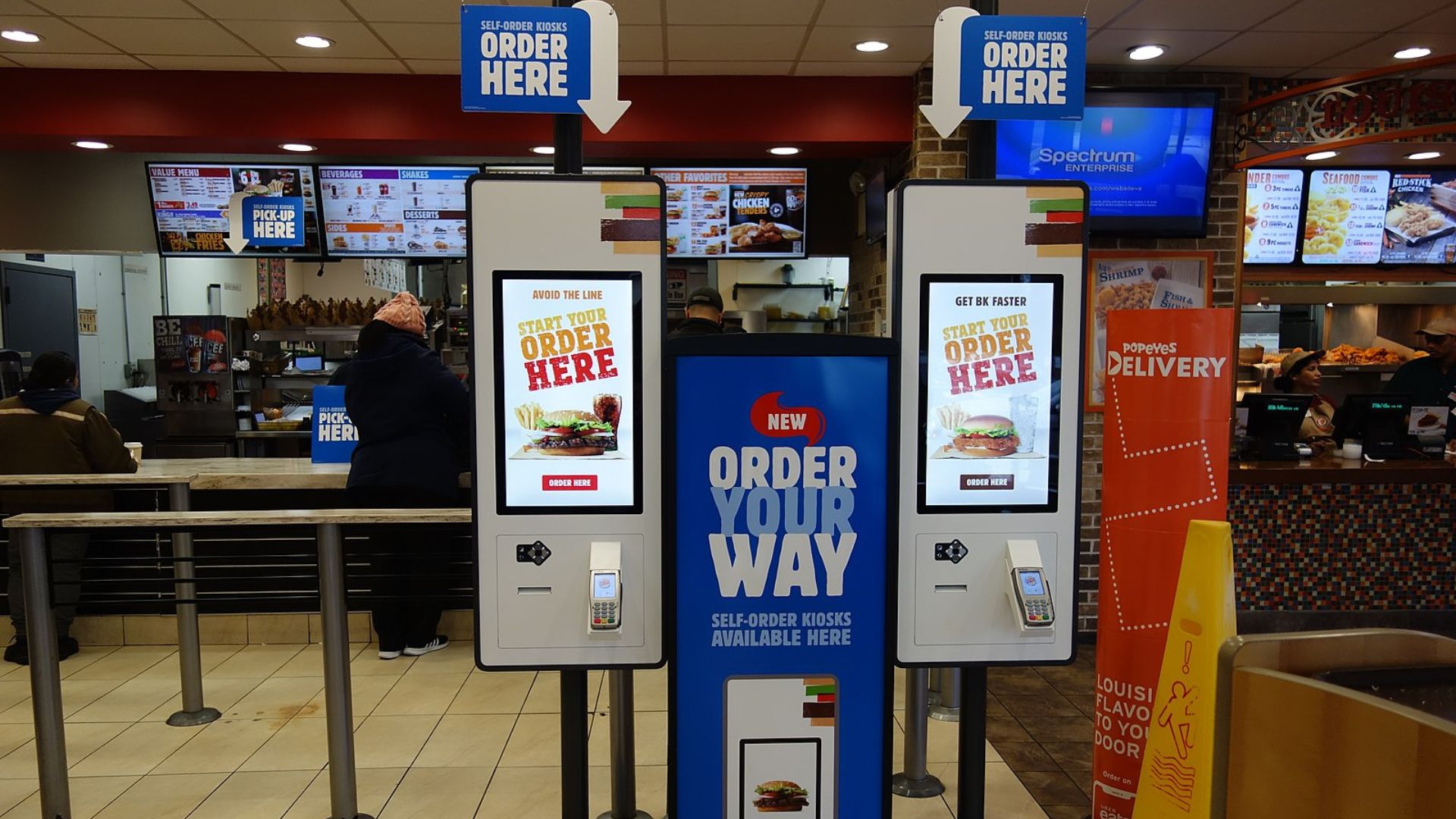
In response to the wage hike, Irvine has noted a significant uptick in tech integration in the restaurant industry.
Since California enacted its minimum wage rise, Irvine said that he and restaurant tech outfitter GRUBBRR have seen a 77% increase in service requests ,highlighting the rush to adapt through technology.
A Digital Lifeline for Diners
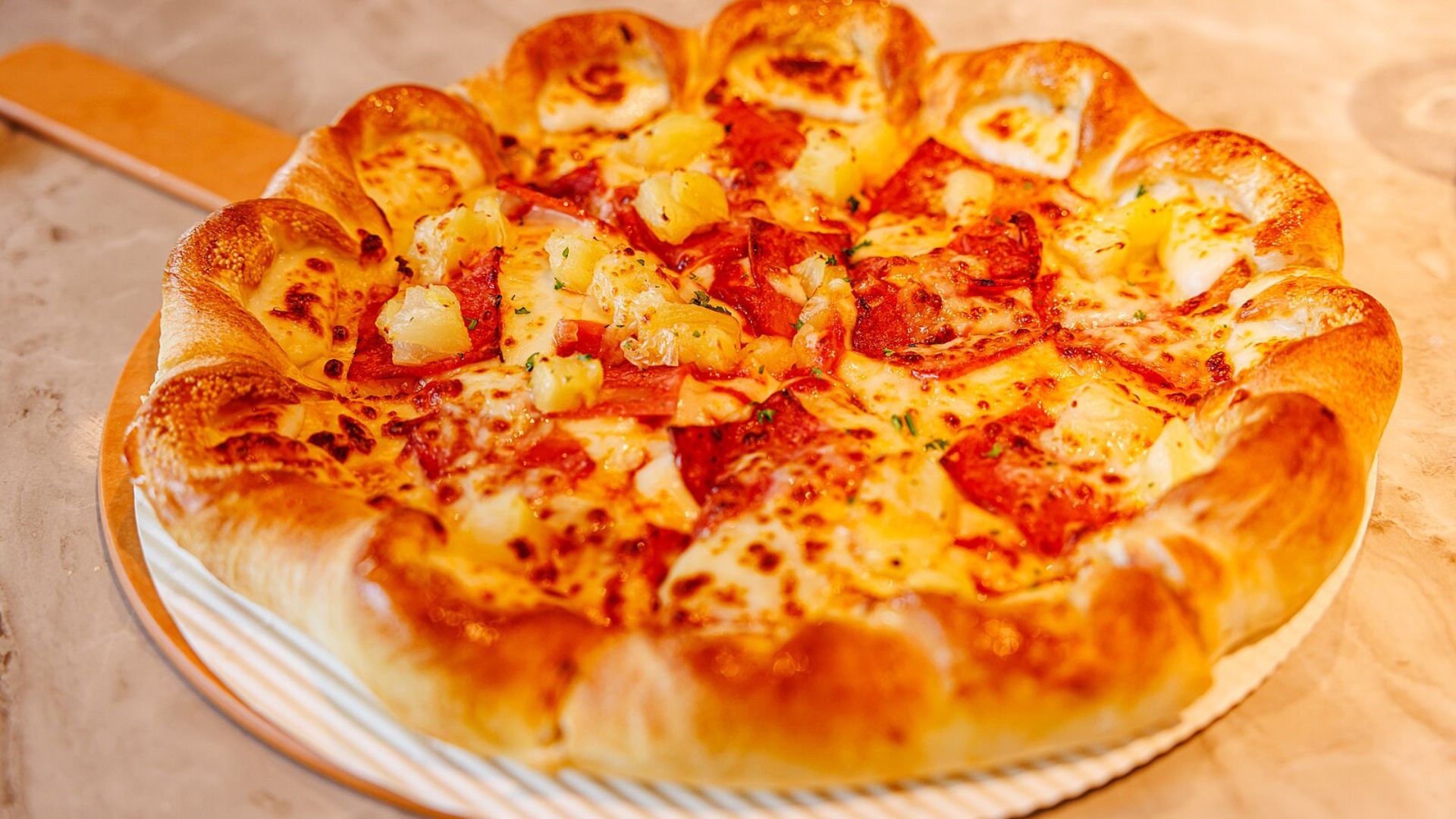
Irvine believes technological upgrades could be crucial in saving restaurants from closure due to increased labor costs.
These innovations aim to streamline operations and reduce the financial strain imposed by higher wages.
The High Cost of Living Wages
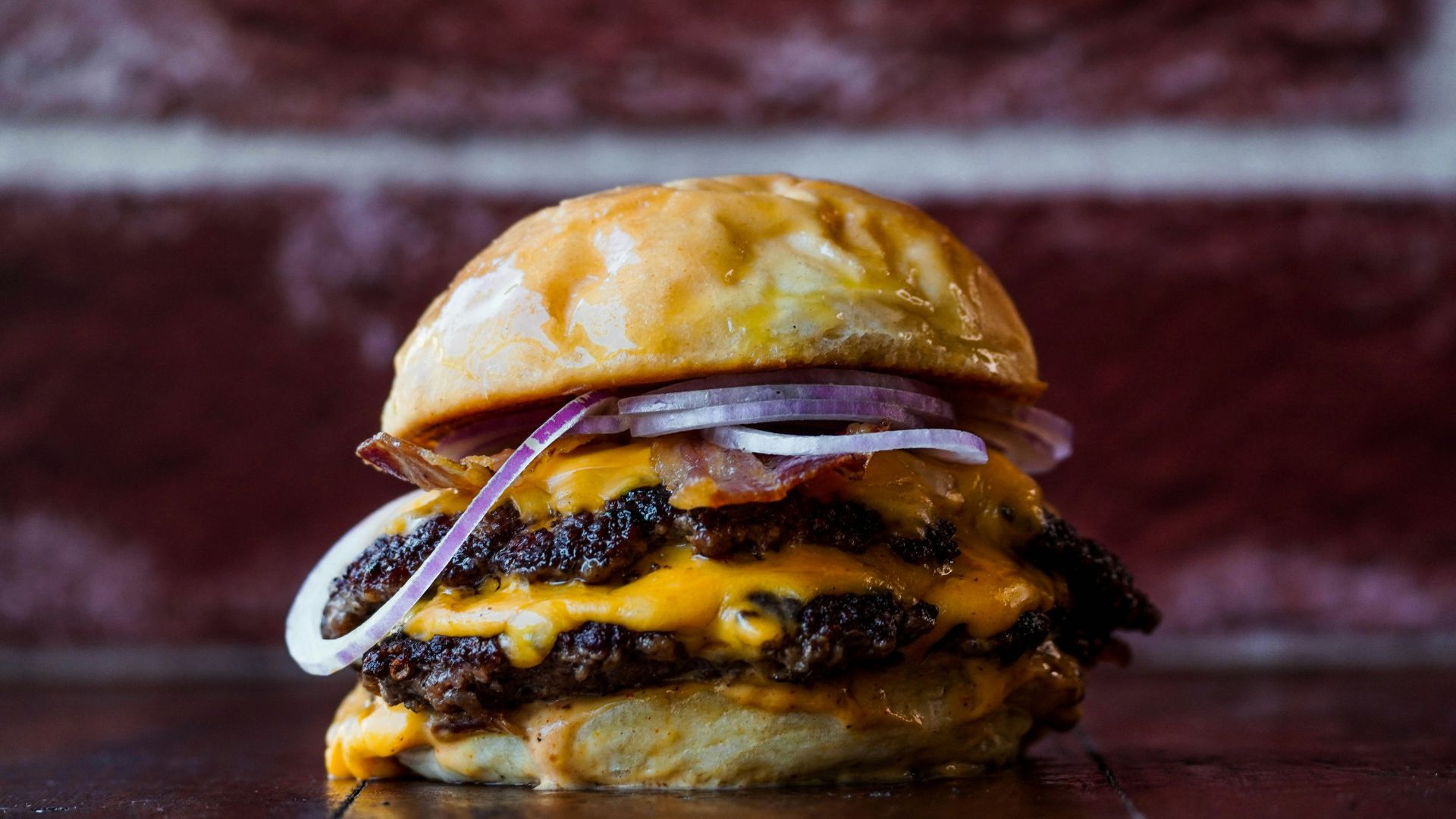
The celebrity chef sympathizes with the need for a livable wage but points out the timing issues with the current economic climate.
“I believe that everybody should be able to make a livable wage. And up until this point, it’s been tough. Restaurant workers have suffered. But it comes at a really bad time because the inflation is very high, food costs are very high,” Irvine shared.
The Price of Increased Wages
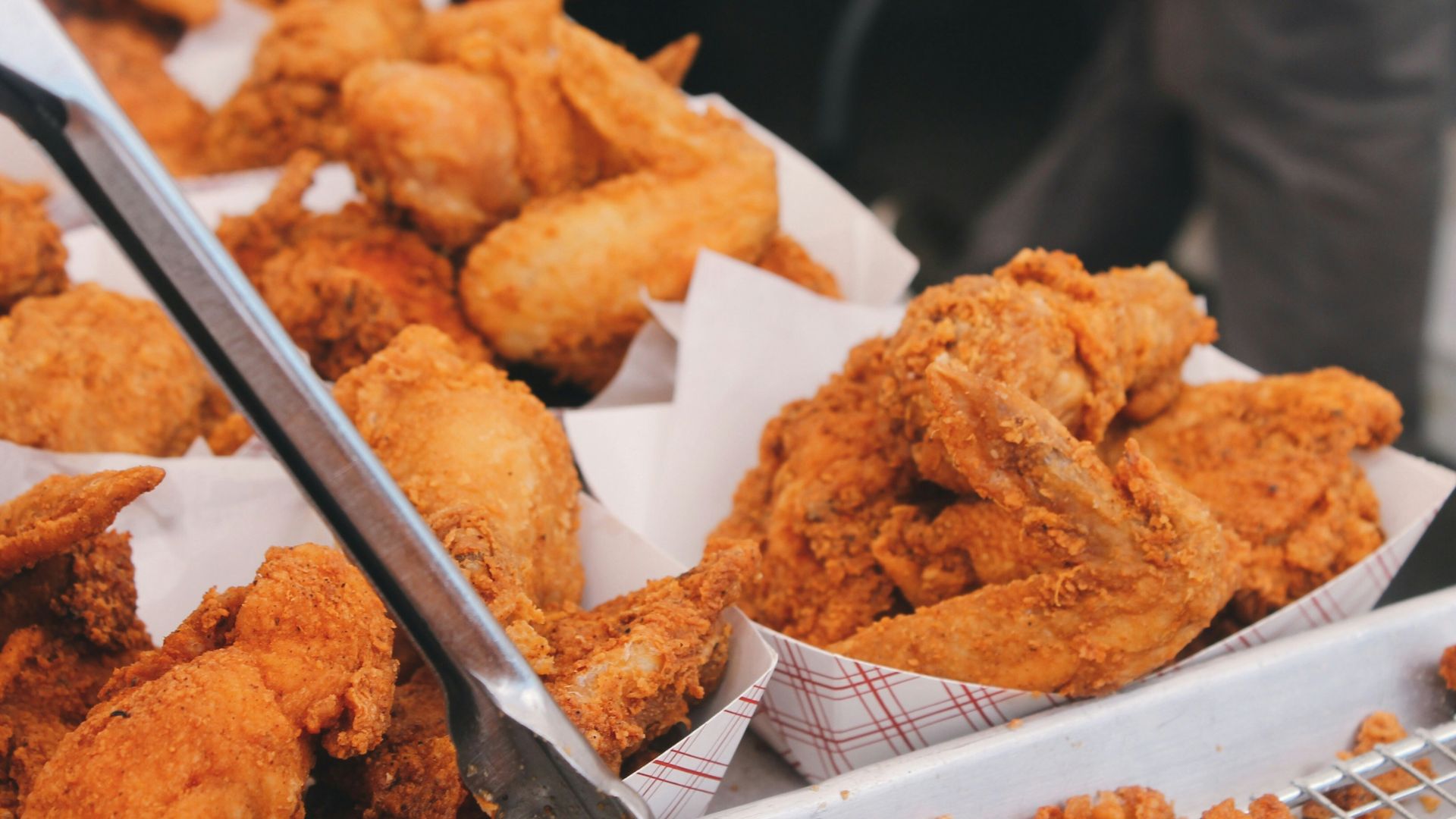
Irvine said, “The increase of wage plus the food cost is putting small, mom-and-pop operators out of business because they cannot afford $20 an hour, $27 an hour in some places.”
This paints a grim picture for many small business owners struggling to keep up.
Big Names Turn to Tech
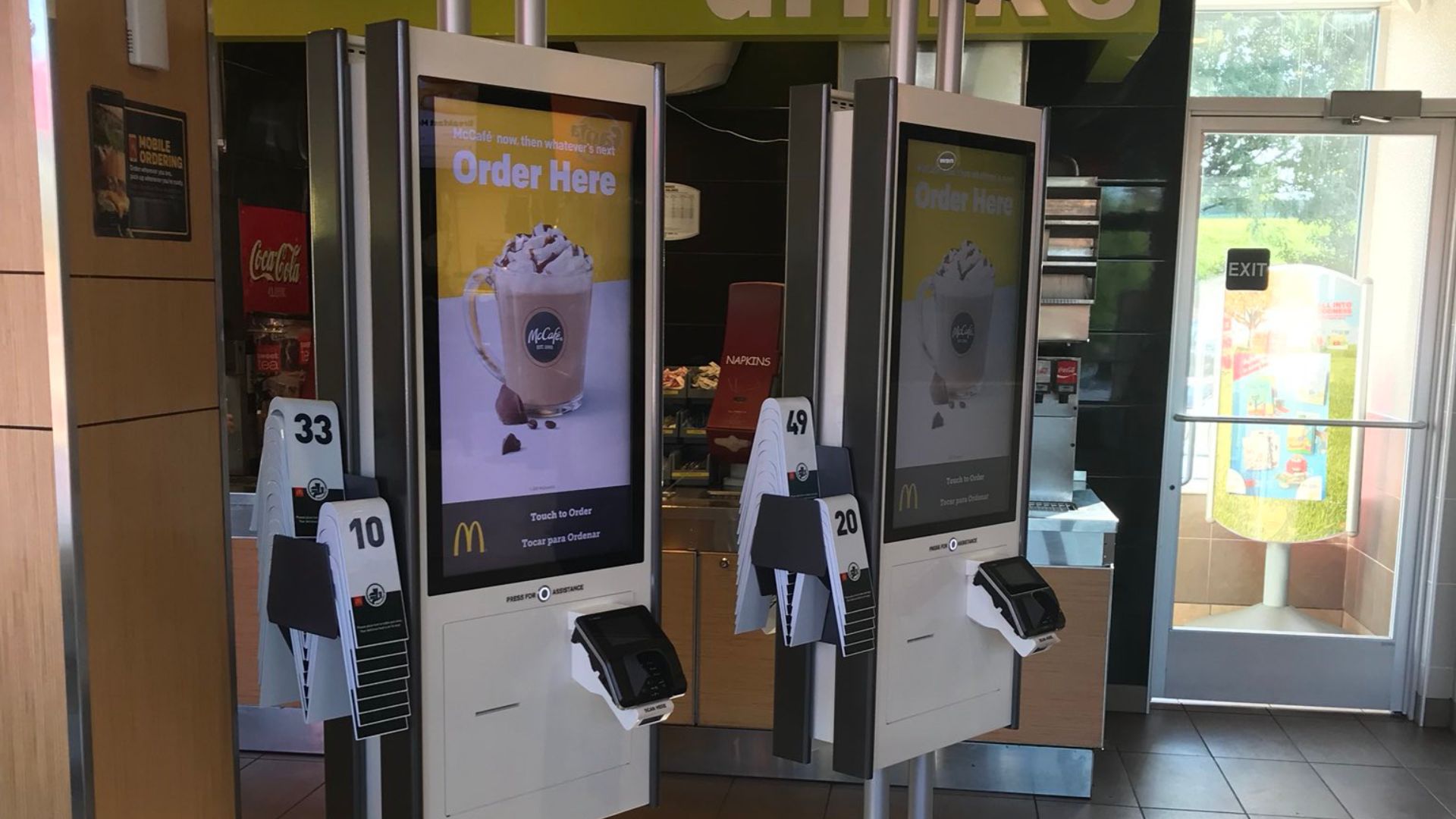
Unlike smaller establishments, major fast food chains are adopting technology to cope with rising costs.
“Fast food chains, think of the McDonald’s and the Yum! Brands and all those kind of folks, are turning to technology to offset that human being,” Irvine said.
Innovating to Save Jobs
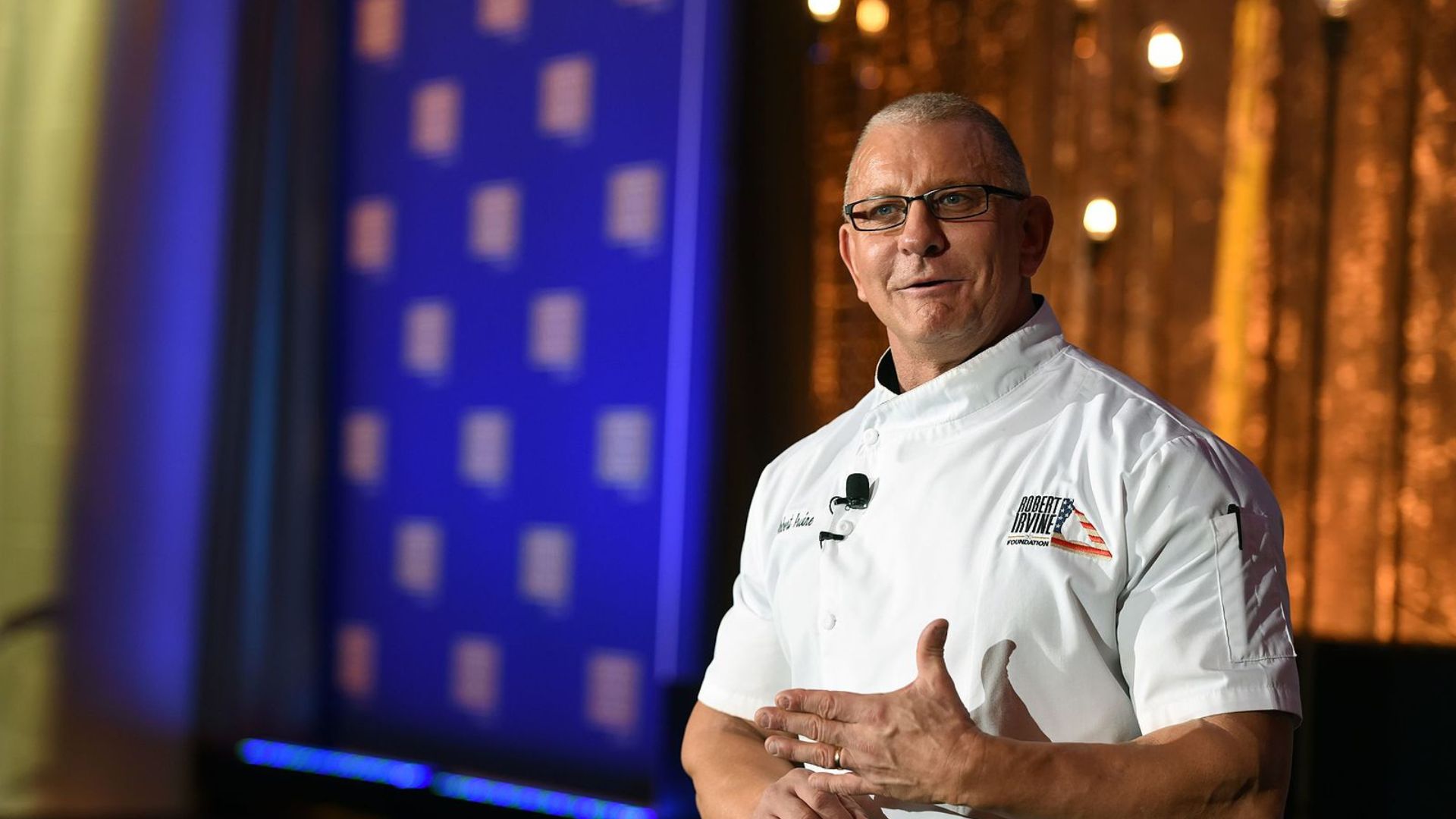
Fox News reports that despite not owning any California-based restaurants, Irvine is actively planning new, tech-focused ventures in other states.
He aims to use technology not to replace workers but to enhance their roles and reduce errors and inefficiencies.
A New Era of Dining
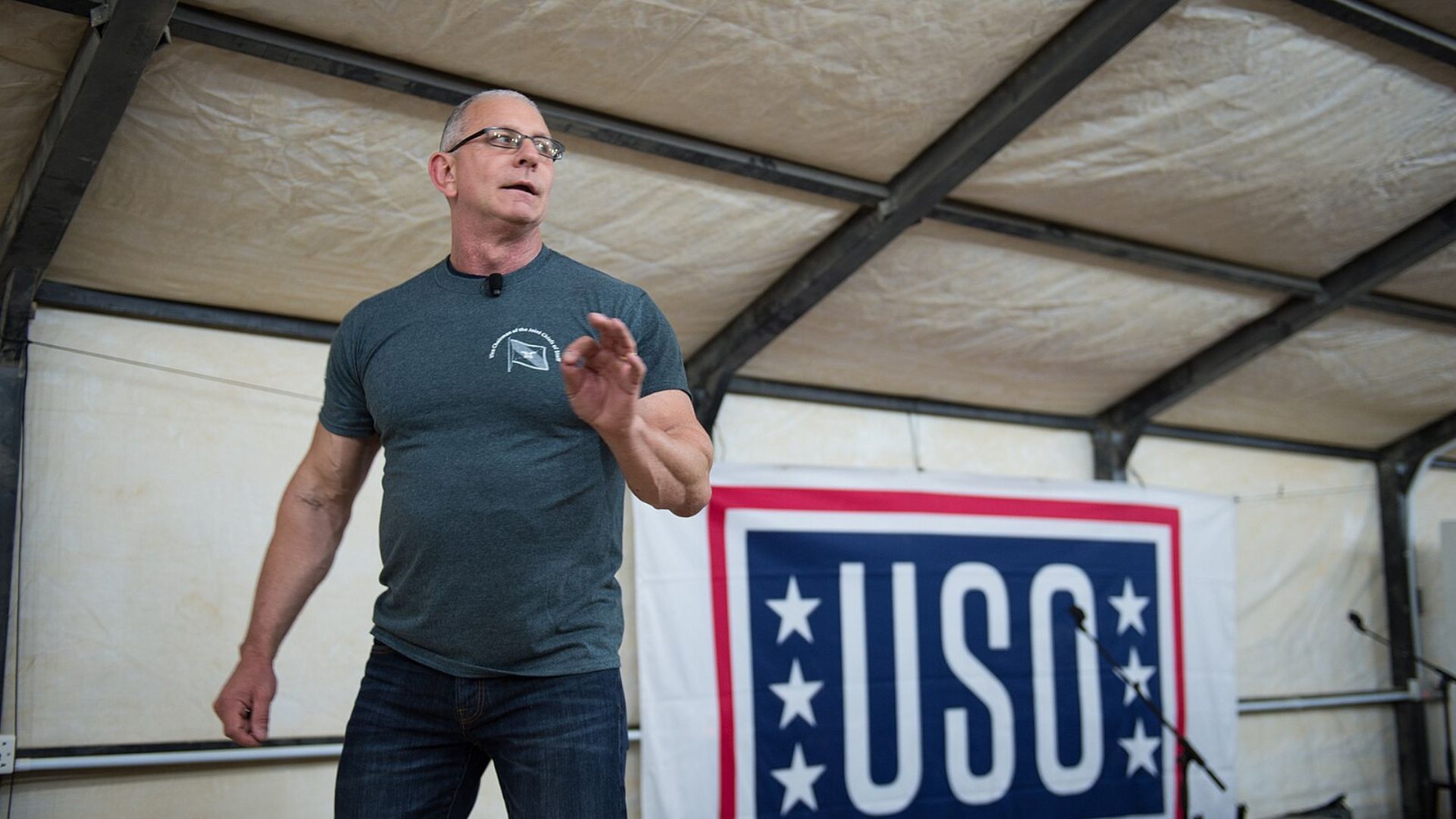
Irvine is not just talking about change; he’s implementing it.
“I’m using that in my own restaurants. I’m putting a restaurant of the future together right now, which is technology-driven. So, is there a way to do it? Absolutely. Should people worry about jobs? Absolutely not,” he confidently stated.
Tech’s Benefits
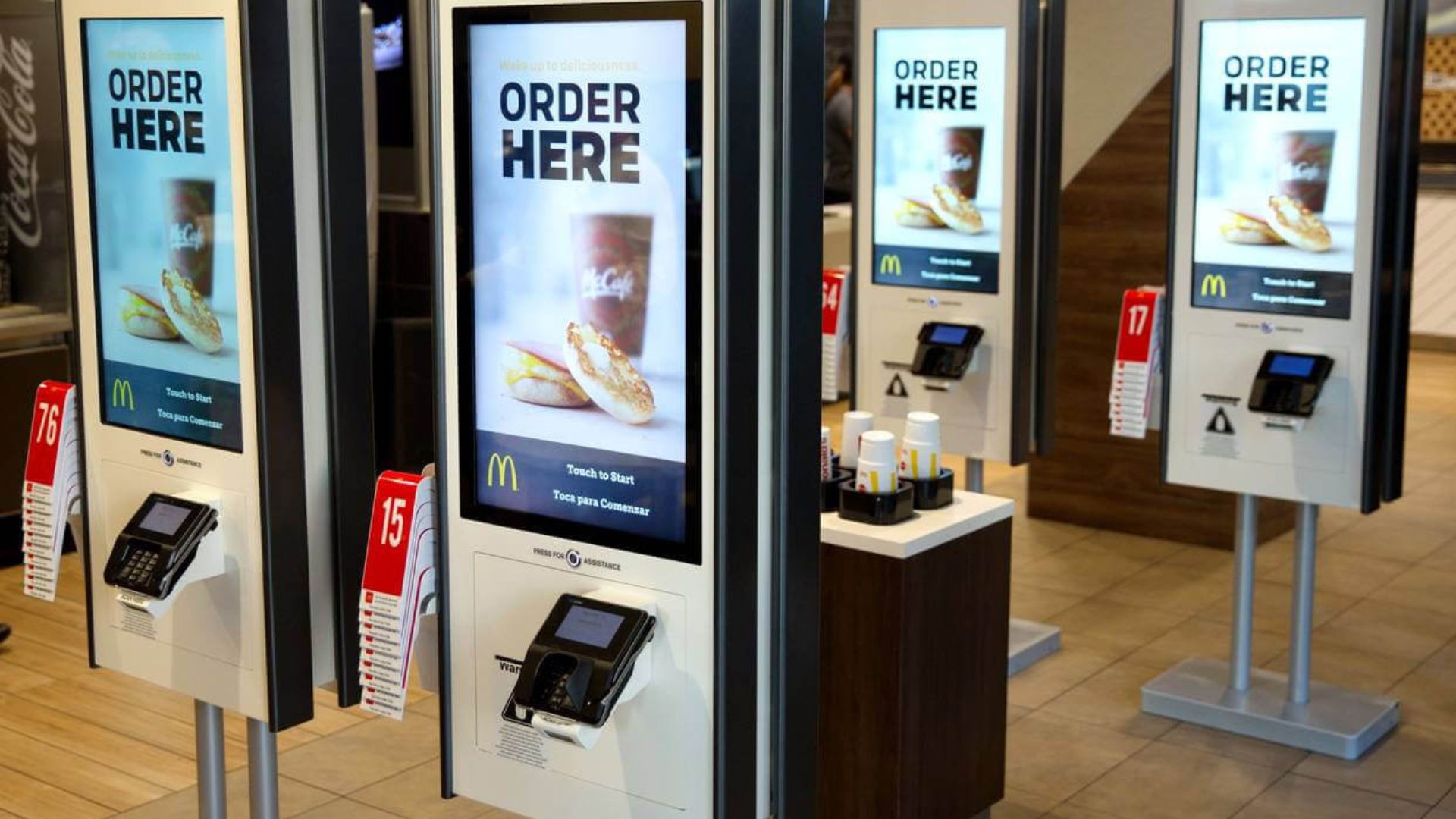
Looking forward, Irvine predicts a tech-savvy future for the restaurant industry.
By the end of this year, Irvine estimated that 44% of quick-service restaurants will have adopted technology in either the front or back of the house, which could significantly enhance operational efficiency and profitability.
Boosting Earnings Through Innovation
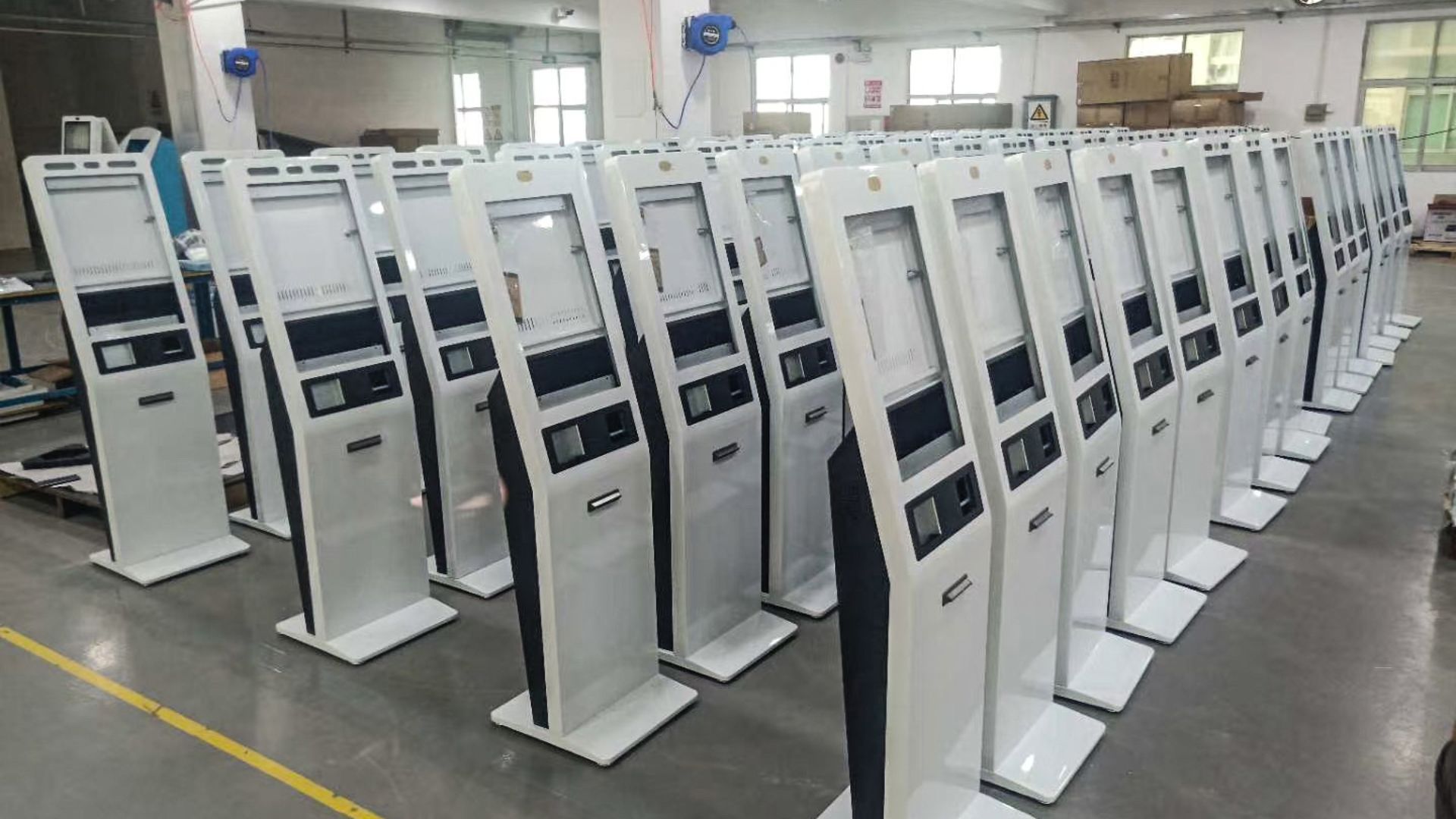
Irvine argues that technology doesn’t just save costs; it increases revenue.
“So you’re actually making more money, which, in the long run, you can pay more money to your staff [and] keep them happy in the jobs that you want them to do,” Irvine explained.
Embracing the Future
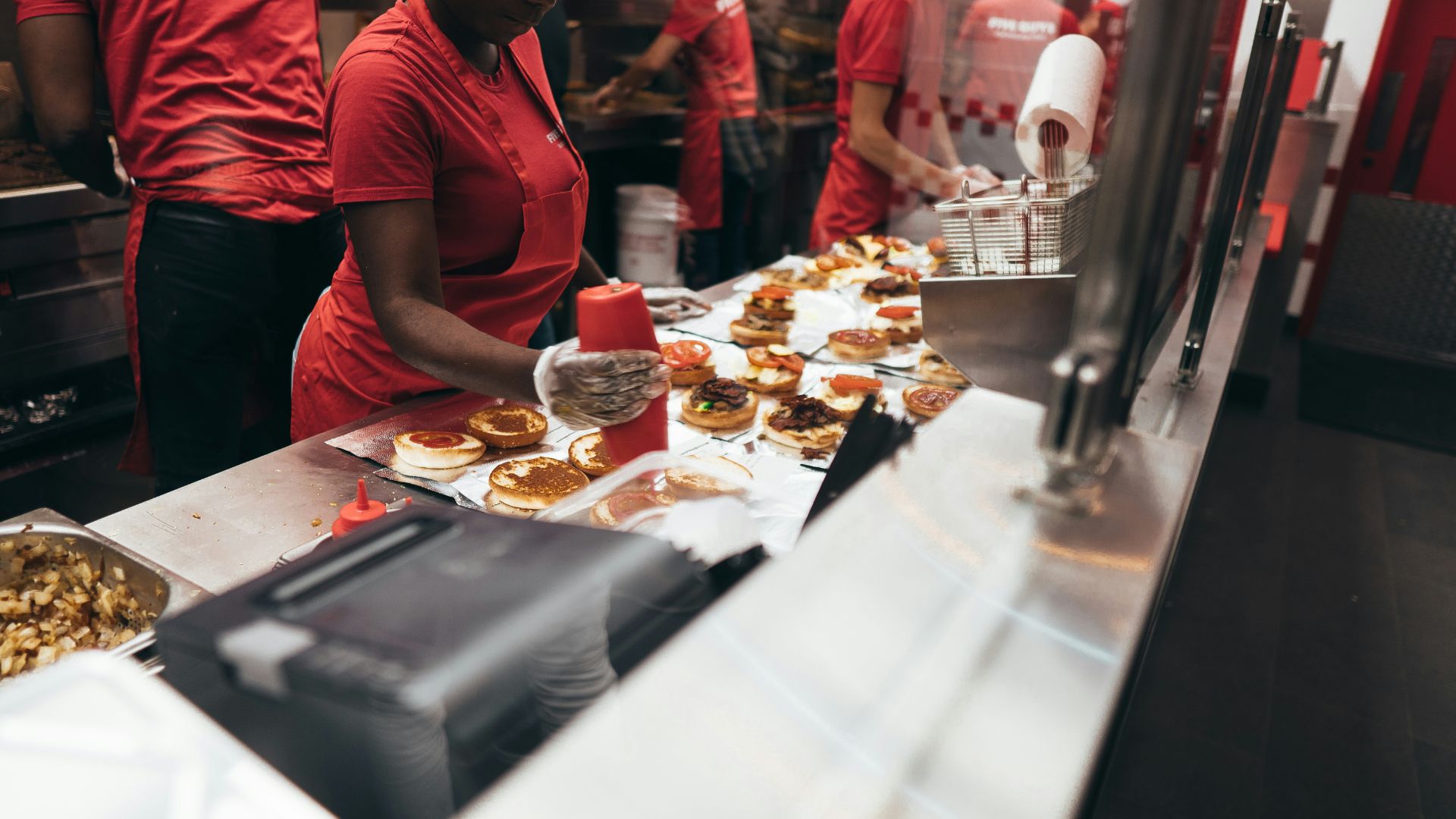
For those worried about the spread of minimum wage laws and the potential closure of more businesses, Irvine advises a proactive approach.
“Technology is not going away. It’s only getting better. So I would say to those hesitant, you really must focus, figure out what your operation needs, and then find somebody like a GRUBBRR or a technology company that comes in and listens to what you need and what your vision of your business is,” he concluded.
